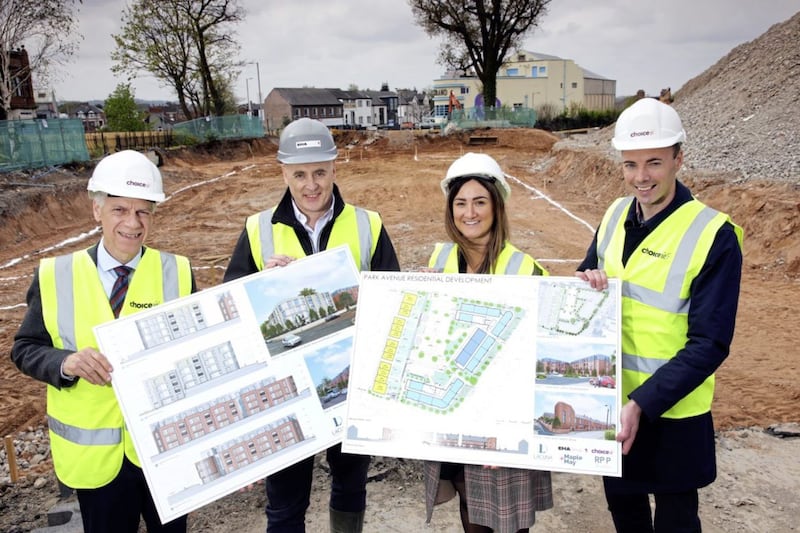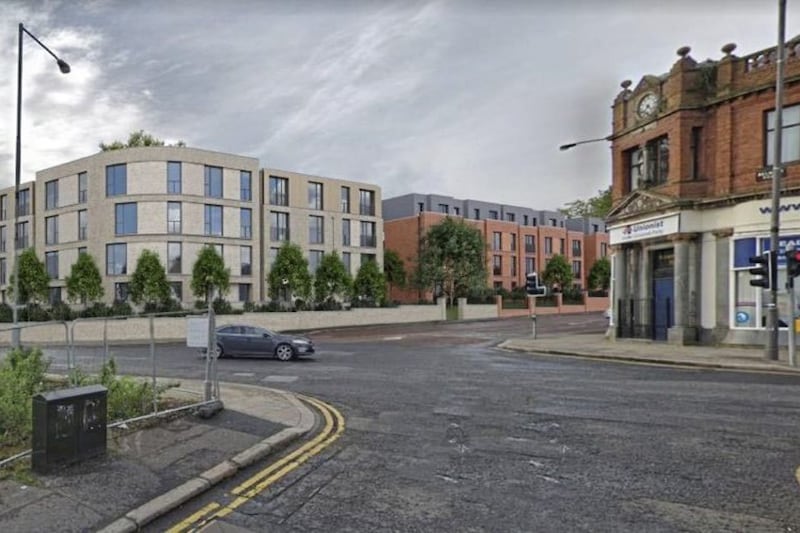A FULL planning application has been submitted to raze to the ground the former Park Avenue Hotel in east Belfast and make way for an £8 million social housing scheme.
It follows a consultation carried out last year by Holywood Holdings Ltd, a company incorporated just 18 months ago and whose directors include hotels magnate Bill Wolsey and his sons Conall and Luke.
The Wolseys' Beannchor Group had stepped in to acquire the financially-troubled 56-bed Holywood Road hotel from its family owners in 2019, but soon afterwards said the business was no longer viable and would close.
The plans, submitted on behalf of Holywood Holdings and Choice Housing, detail the demolition of the existing hotel buildings and subsequent construction of 90 social and affordable residential units.
The scheme will comprise a mix of two four-storey buildings containing 75 apartments as well as 11 town houses and four additional apartments along Sefton Drive.
The plans also allow for the provision of hard and soft landscaping including communal gardens, 56 car parking spaces, a tenant/staff hub, cycle parking, a substation and all associated works.
But already the plans are being opposed by a number of nearby residents.
Objections have been lodged from people in Colvil Street, Sefton Park, Sefton Drive, Redcliffe Parade, Ravenscroft Avenue, Ribble Street and Glenview Crescent, all in the BT4 or BT5 postcode areas.
Given that the scheme is granted all necessary approvals, the intended start date is summer this year, with completion by the end of 2022.
Close to 50 staff were made redundant when the Park Avenue Hotel, which opened in 1959, shut its doors for good last August.
Despite making a number of significant changes to hotel operations prior to Covid-19, Beannchor said at the time that the devastating impact of the pandemic on the tourism industry had been too great to continue a viable hotel at that location, and that it was “exploring alternative uses for the site”.








